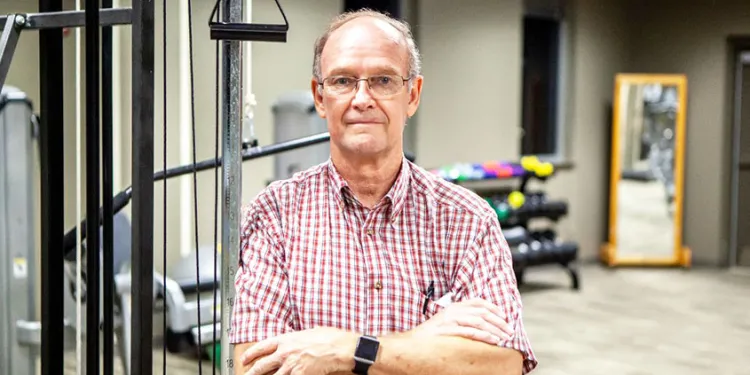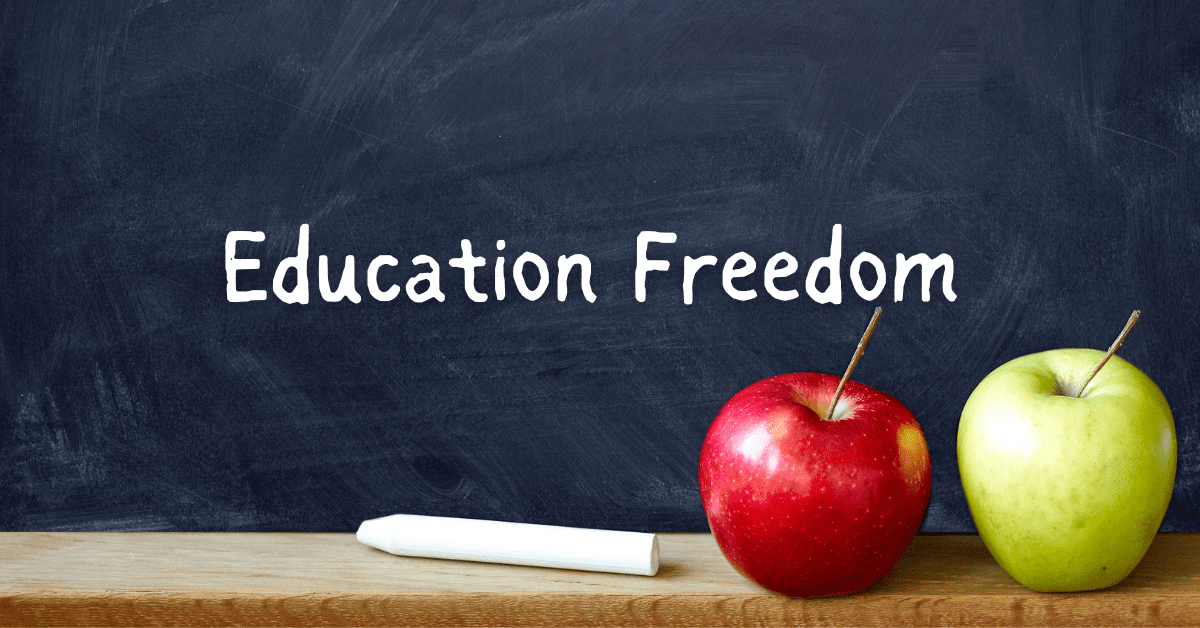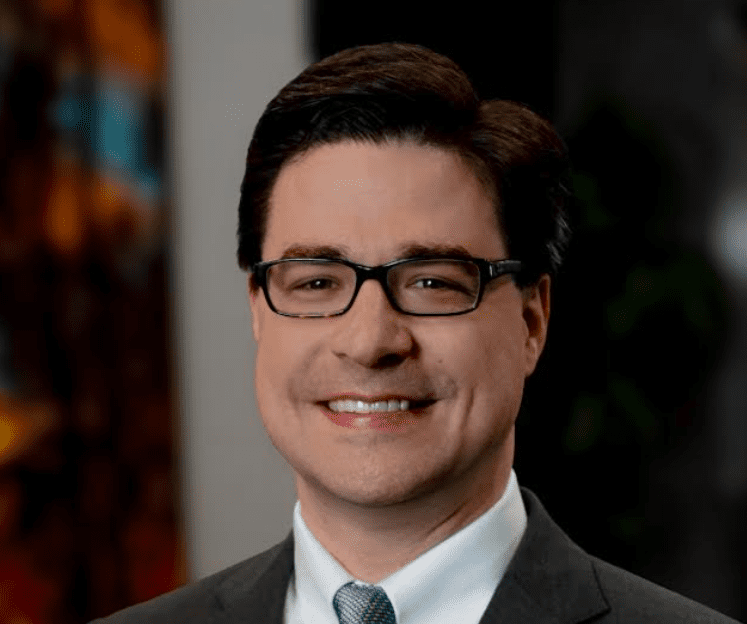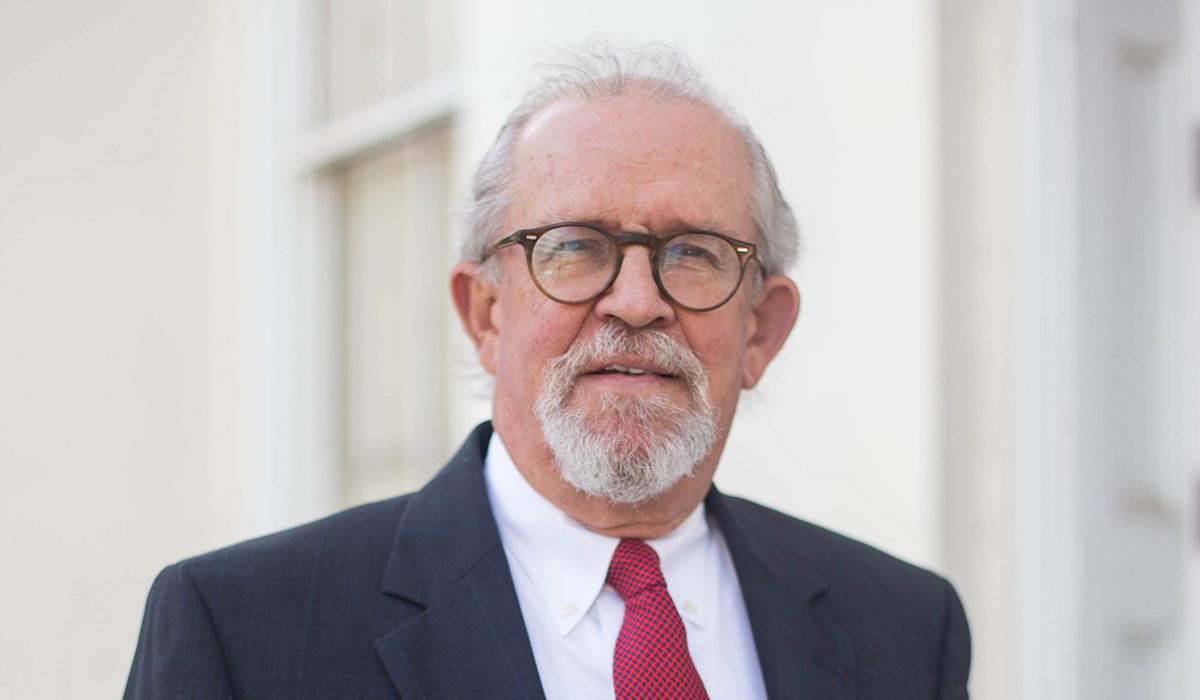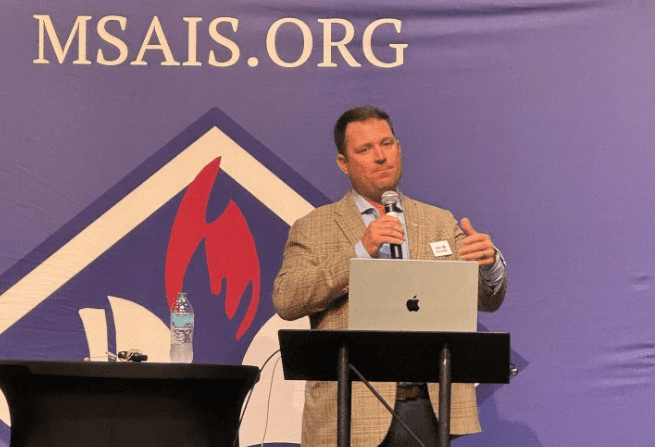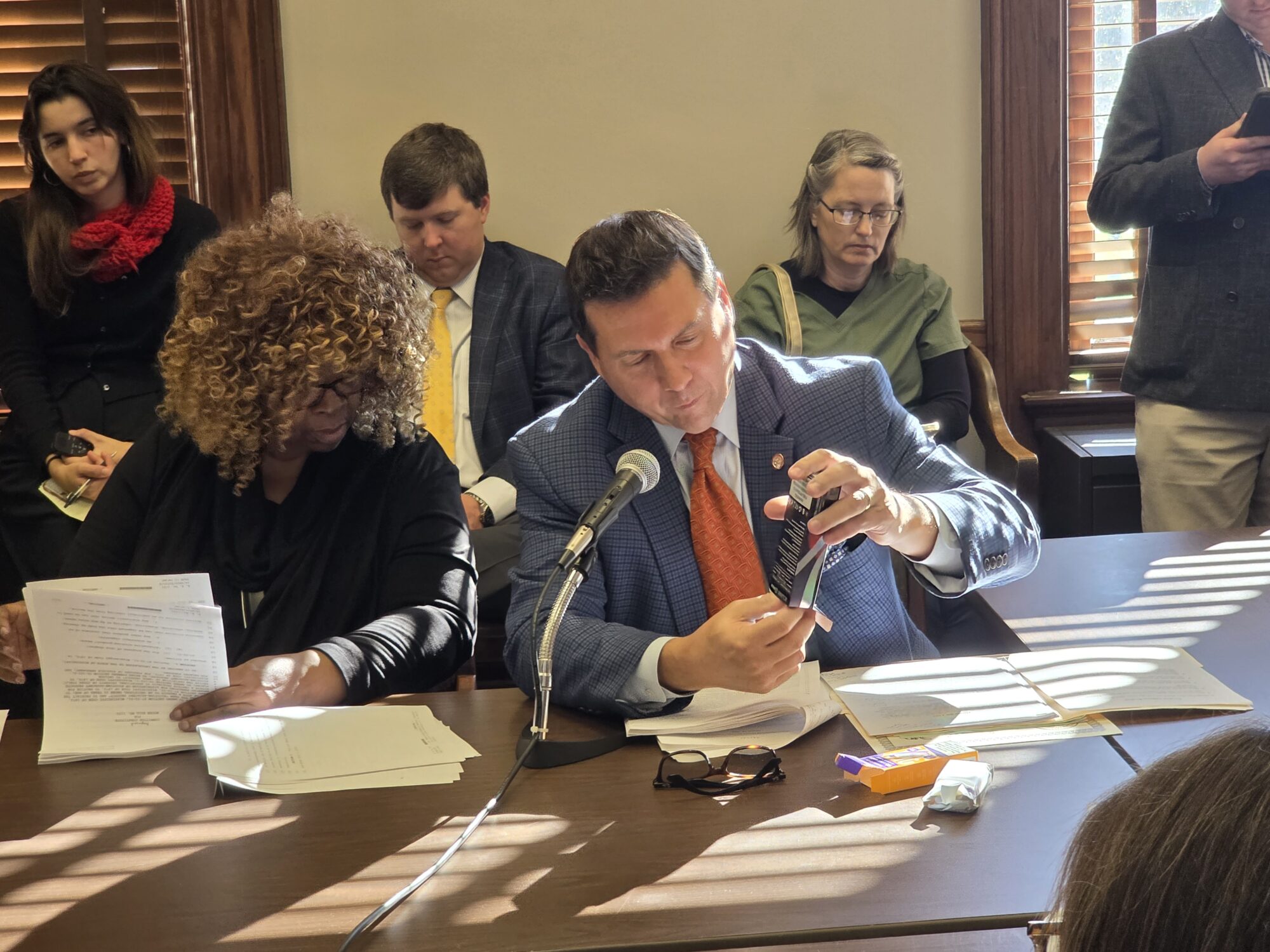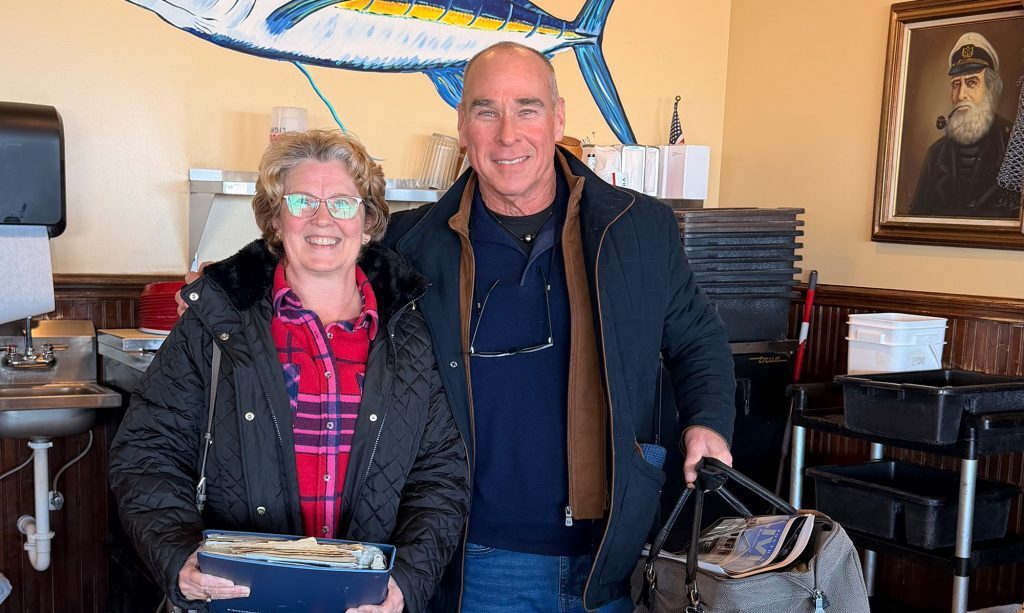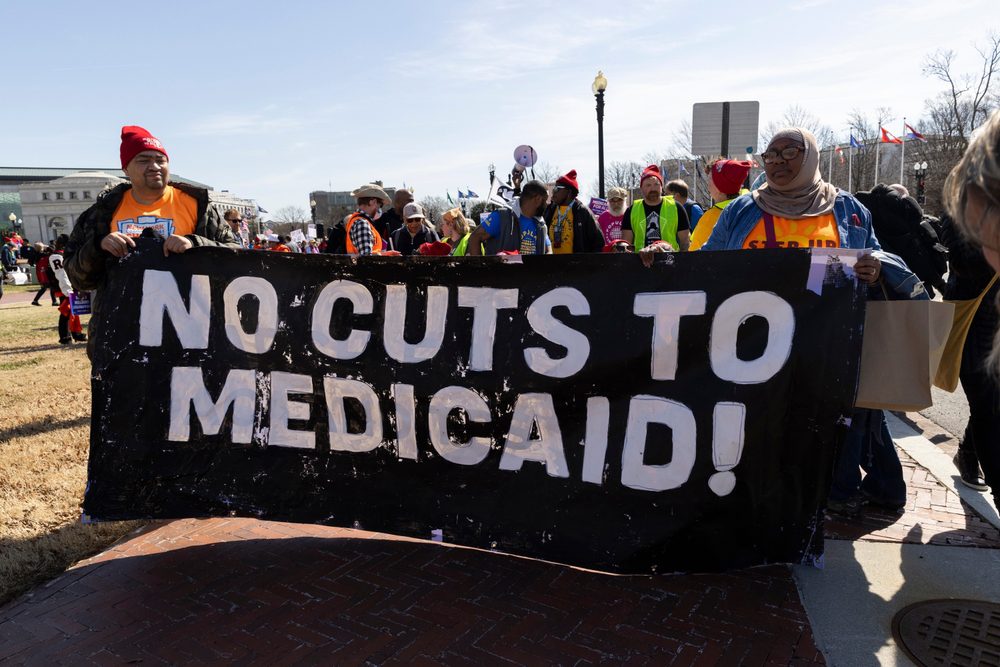
(Photo from Shutterstock)
- The “cuts” to Medicaid and SNAP in President Trump’s “One Big Beautiful Bill” are being dramatically misrepresented. Criticism of welfare reform cloaked in phony religiosity confuses government compulsion with charity.
The “One Big Beautiful Bill” is a mixed bag. Some good. Some bad. Conservative critics argue the bill’s spending cuts are insufficiently concrete and it will yield even larger deficits and national debt over time. Progressive critics argue the bill takes food out of the mouths of babes.
The former has some merit. The latter is predictably absurd. Two things occur anytime reform to America’s sprawling welfare bureaucracy is considered. First, changes are woefully misrepresented. Second, people who spend much of their time scoffing at organized religion and the moral teachings of Scripture suddenly become quite fond of misquoting the Bible.
Misrepresenting Medicaid Changes
For starters, changes proposed to the Medicaid and SNAP programs are not “spending cuts” in the way an average person would understand the phrase. The government will not be spending less money on either program in ten years than it is today. In fact, an early analysis by the Foundation for Government Accountability found that Medicaid spending would still increase by 25 percent over the next decade.
The “cuts” are estimated reductions in the rate of spending growth — a Washington way of saying “we’re still going to spend more, just not quite as much more as previously anticipated.”
But does the bill achieve this slowing in the rate of growth by taking healthcare away from destitute children? No.
As currently written, the bill requires able-bodied adults without children and those with children over 14 to work at least 80 hours a month to be eligible for Medicaid. It in no way impacts the Children’s Health Insurance Program or the Medicaid eligibility of minors.
The bill also requires co-pays for people on Medicaid that earn above the federal poverty line, capped at 5 percent of their annual earnings. Both of these provisions as standalones are wildly popular with the American public, which is why the broader set of dramatic lies are required from opponents.
The bill also restricts the use of provider taxes to pay the state portion of Medicaid expenses — a change which both former President Barack Obama and President Joe Biden supported.
States are supposed to pay a portion of the expense for their Medicaid programs, but have been gaming the system. They do this, in part, by using federal dollars to pay providers and then having providers return a portion of those federal dollars to state coffers. The “provider tax” — really just rerouted federal dollars — is then counted as the state contribution to Medicaid.
It’s a shell game that puts a far higher percentage of the burden for the Medicaid program on the federal government than is provided for by law. The Senate version of the OBBB contains $25 billion in new subsidies for rural hospitals.
Notably, House provisions that would have reduced federal funding to states using Medicaid dollars to provide healthcare to illegal immigrants and which would have prevented use of Medicaid dollars for sex changes were stripped out of the Senate version by the chamber’s parliamentarian.
Misrepresenting SNAP Reform
But does the One Big Beautiful Bill “take food out of the mouths of babes”? Again, no.
The bill extends an existing work requirement for adults. Currently, an adult on the SNAP program must work until 54 to be eligible for benefits. Under the new proposal, the adult would have to work until age 64.
Despite what is being parroted in the media, the bill also does not wholesale shift the cost of the SNAP program onto the states. Instead, it creates an incentive for states to lower their “error rate” to under 6 percent by the year 2029.
The state error rate largely is a reflection of overpayment to ineligible recipients. Up until now, states had almost no incentive to cut down on this waste. Under the new proposal states operating with error rates above 6 percent, would be forced to contribute between 5-15 percent of the cost of the program on a sliding scale.
The OBBB gives states 4 years to get their act together and reduce their error rate. If they do, no burden will shift onto the state.
I Was Hungry and You Created a Massive Federal Bureaucracy to Feed Me
Layered on top of dishonesty about the reform proposals contained in the bill is phony religiosity. When even the slightest reform to the welfare state is proposed suddenly people who worship at the altar of aborted babies become intimately familiar with Matthew 25 — and are all too eager to bastardize it.
“For I was hungry and you gave me food, I was thirsty and you gave me drink, I was a stranger and you welcomed me.” -Matthew 25:35
But nothing in this passage supports delegating the duty Christ places on His disciples to government bureaucracy. Spending other people’s money through government compulsion is neither generous nor charitable. It is, in fact, an abdication of a direct responsibility to Christians who refuse to dirty their hands with real acts of compassion.
(The Johnnies-come-lately to Scripture almost always ignore Paul’s exhortation against idleness in 2 Thessalonians 3:10: “those who shall not work, shall not eat.”)
For far too long people who believe in limited government have allowed opposition to frame the debate on poverty in America and claim moral high ground. The left’s argument is founded on the demonstrably false premise that only government can “solve” poverty. It paints anyone who wants to use less government as uncaring.
We know, though, that forced “charity” has not moved the needle. Since the dawn of President Johnson’s “Great Society,” U.S. taxpayers have funded some $30 trillion worth of poverty alleviation programs with negligible results. The legacy, instead, of these programs is dependency and loss of ambition.
There is nothing inherently noble about sending other people’s money to a central bureaucracy for ineffective distribution when you could be empowering people in your own community. There is nothing moral about denying people opportunity to become self-sufficient.

